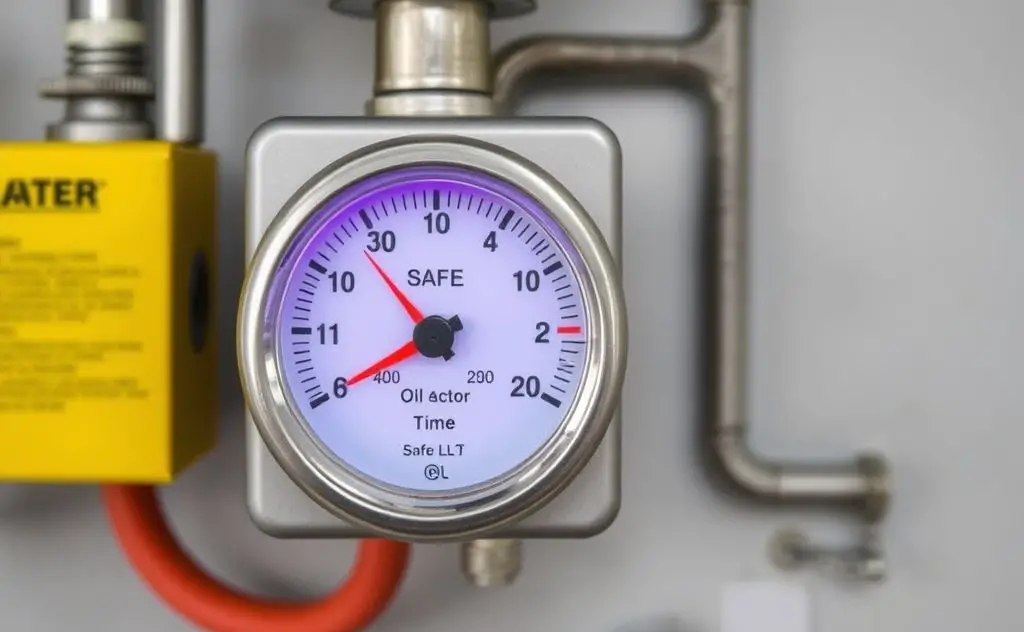You can safely keep an oil heater on for several hours, but it’s best to follow the manufacturer’s guidelines and avoid running it continuously for more than 12 hours.
Oil heaters provide efficient, long-lasting warmth, but many users wonder about safe operating durations. While these heaters can run continuously for 24+ hours, proper usage and safety precautions are essential.

Understanding Oil Heater Operation
Oil-filled radiators work by heating diathermic oil with an electrical element. The oil retains heat exceptionally well, allowing the unit to continue radiating warmth even after being turned off. This makes them more energy-efficient than many other heating options.
How Oil Heaters Work
- Electric element heats the internal oil reservoir
- Oil transfers heat to metal walls via convection
- Heat radiates into the room through air convection
For those considering alternative heating options, our guide to electric heaters that look like wood stoves offers stylish alternatives with similar heating capabilities.

Safe Operating Duration
Most quality oil heaters can operate continuously for extended periods:
| Usage Scenario | Recommended Duration |
|---|---|
| Initial use | 8-12 hours with monitoring |
| Established unit | 24+ hours continuous |
| Seasonal use | Months of continuous operation |
Factors Affecting Safe Operation
- Unit quality and age
- Room insulation
- Thermostat settings
- Electrical circuit capacity
According to Amazon customer experiences, many users run their oil heaters continuously throughout winter months without issues.
Maximizing Safety and Efficiency
Essential Safety Tips
- Maintain 3 feet clearance from flammable materials
- Check wall outlets for overheating periodically
- Use on a stable, level surface
- Avoid using extension cords
Energy-Saving Practices
To optimize efficiency while running your heater long-term:
- Use thermostat settings wisely (lower when possible)
- Combine with ceiling fans to circulate warm air
- Ensure proper room insulation
- Consider zone heating rather than whole-house use
For those needing portable heating solutions, our review of the Duraheat portable propane heater offers excellent alternatives for indoor/outdoor use.
Long-Term Usage Considerations
With proper care, oil heaters can provide reliable heat for many years:
Expected Lifespan
Quality units typically last 6-20 years depending on:
- Usage patterns (continuous vs intermittent)
- Maintenance practices
- Build quality
Maintenance Tips
- Clean exterior surfaces regularly
- Inspect power cord for damage
- Ensure proper ventilation around unit
- Store properly during off-seasons
As noted by heating experts on Quora, the key to long heater life is maintaining consistent operating temperatures rather than frequent on/off cycling.
When to Turn Off Your Oil Heater
While continuous operation is generally safe, consider turning off your heater when:
- Leaving home for extended periods
- Noticing unusual noises or smells
- Electrical circuits feel warm to the touch
- Heater shows signs of malfunction
